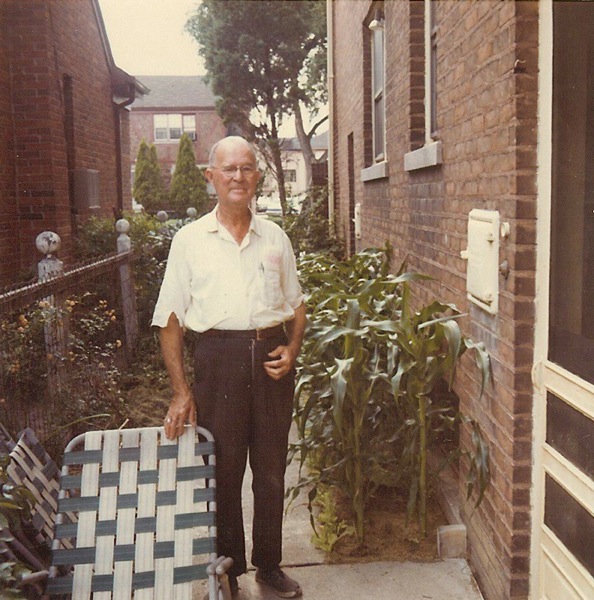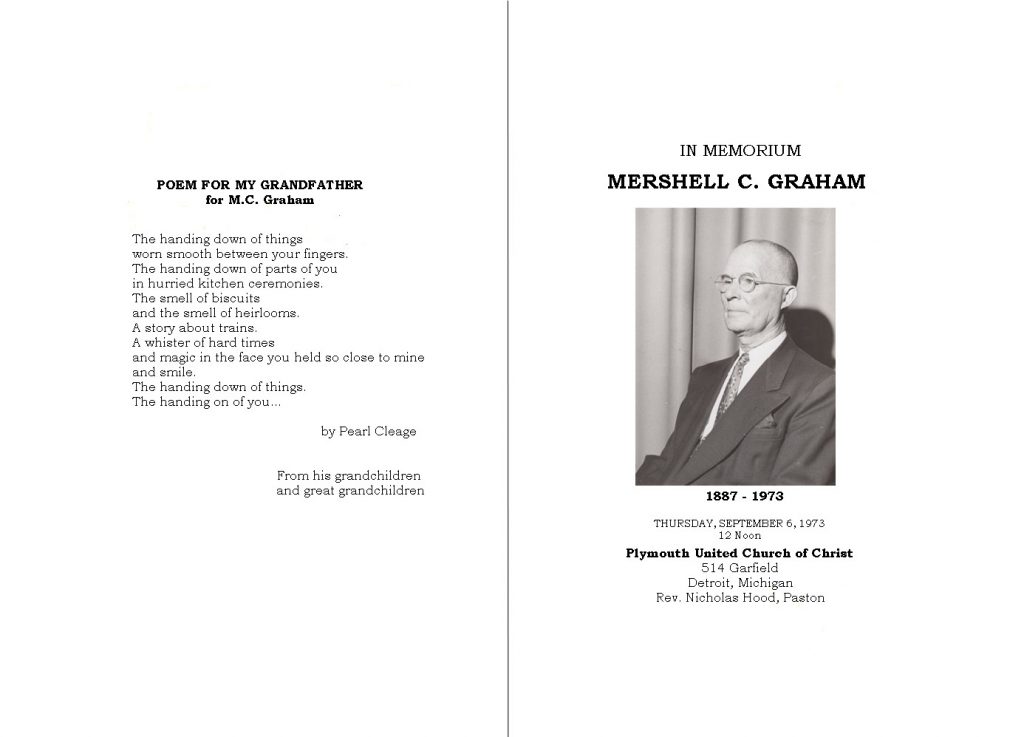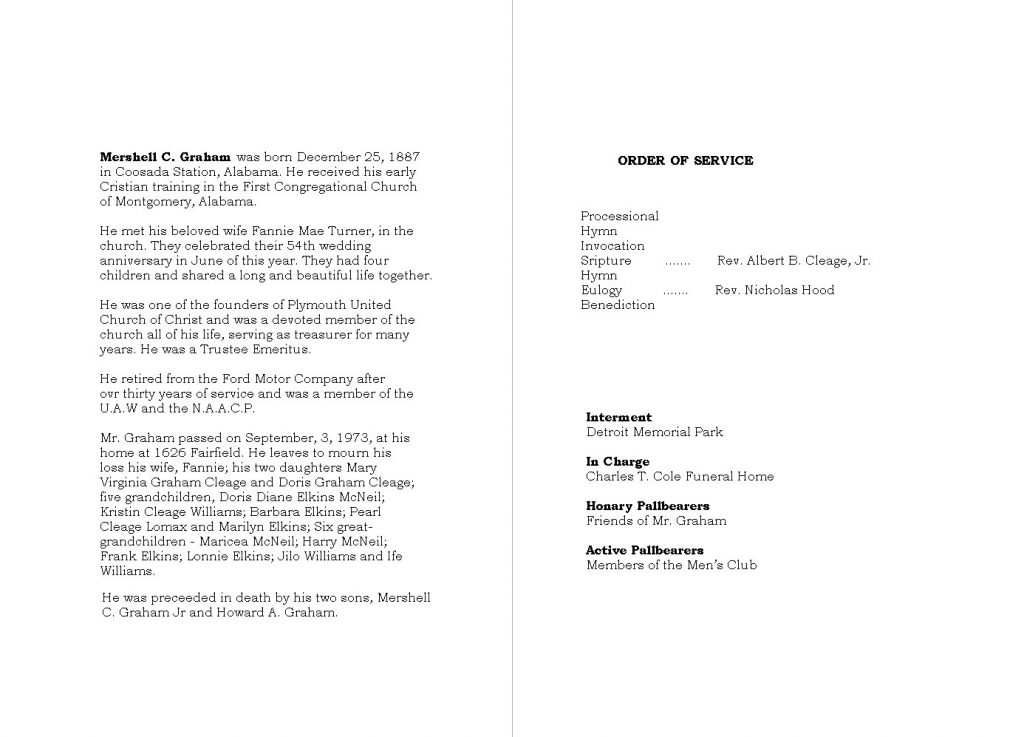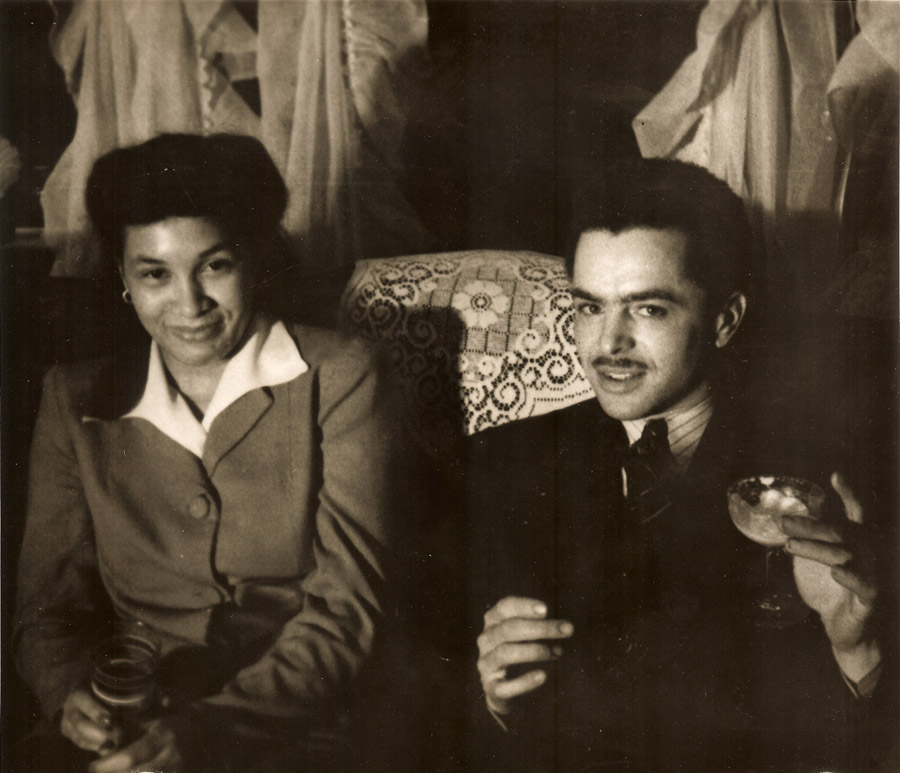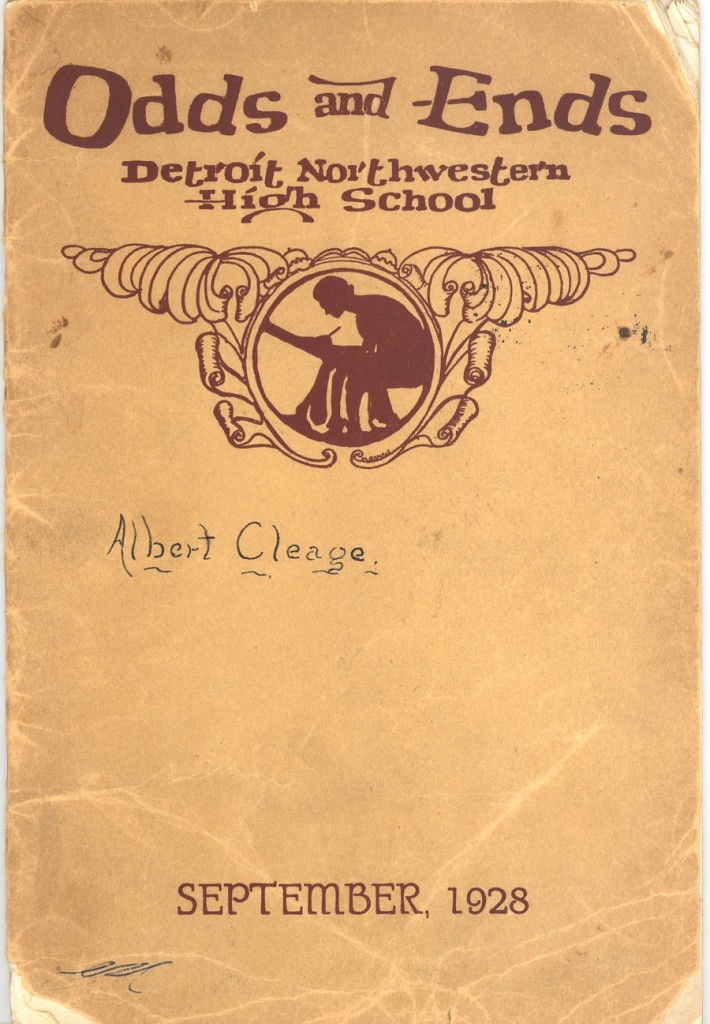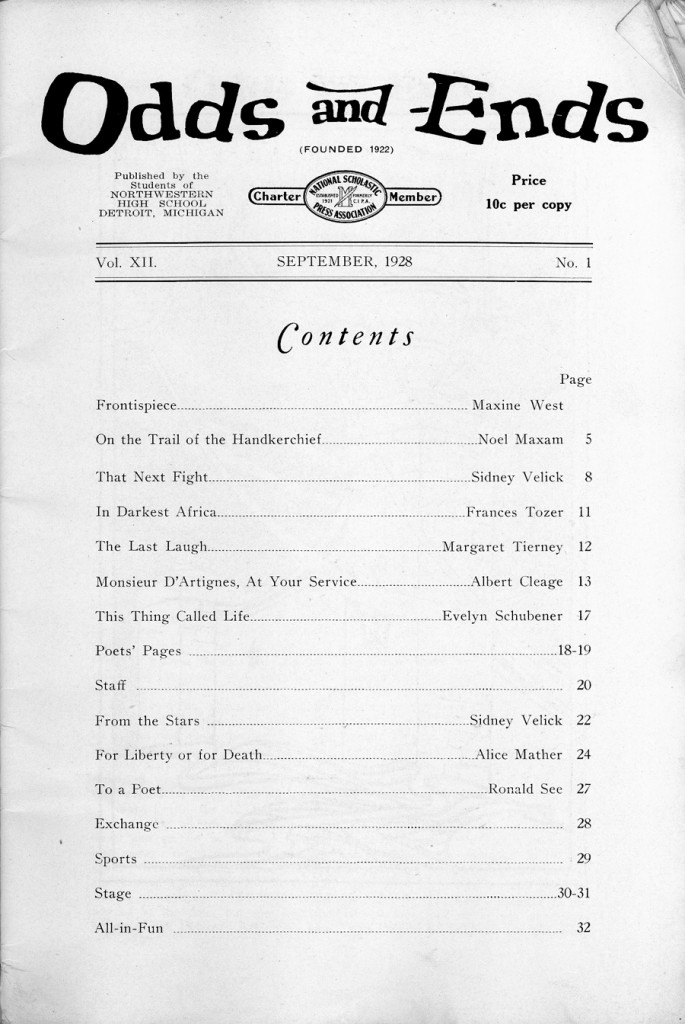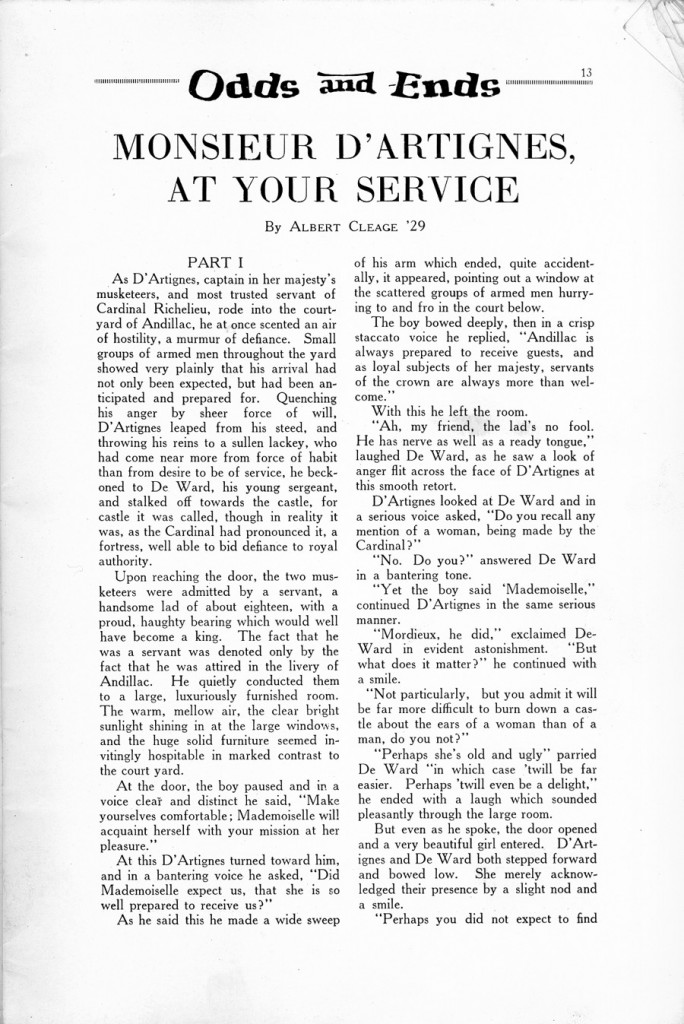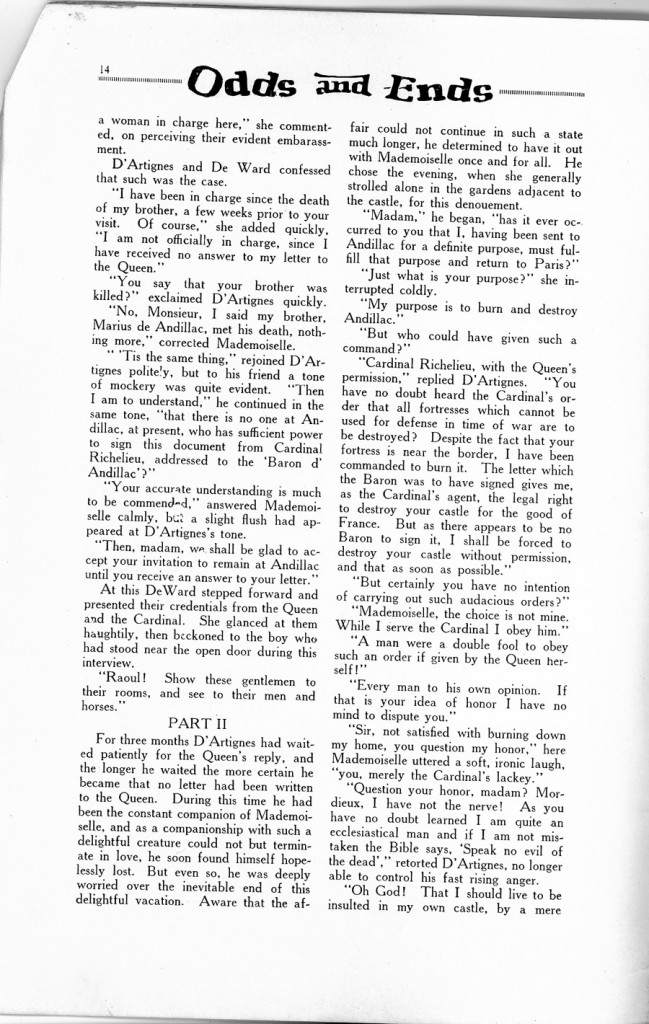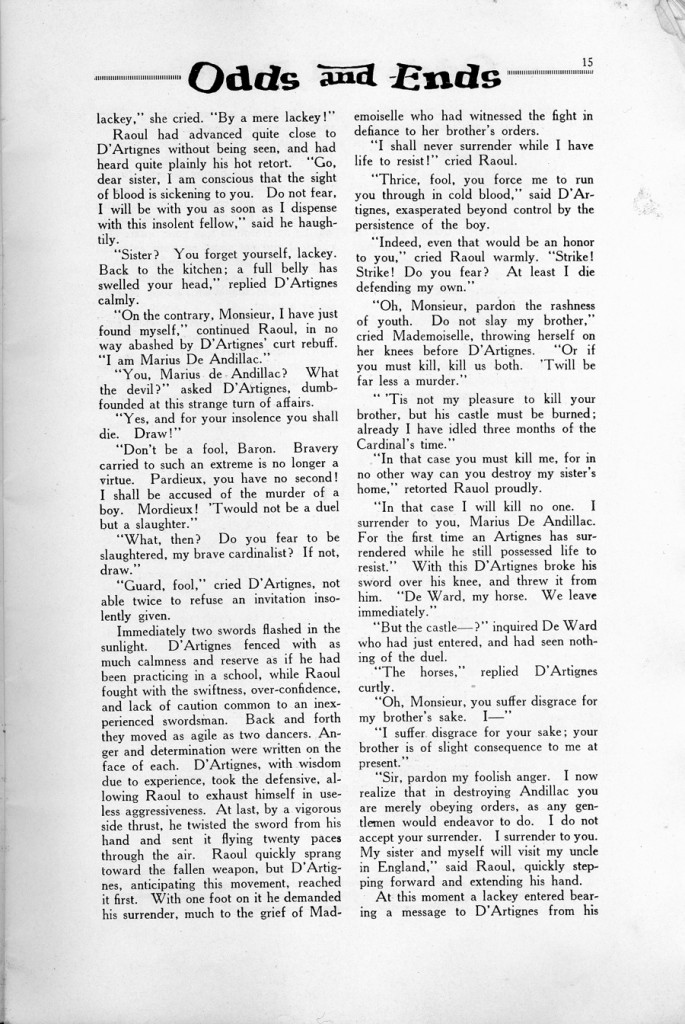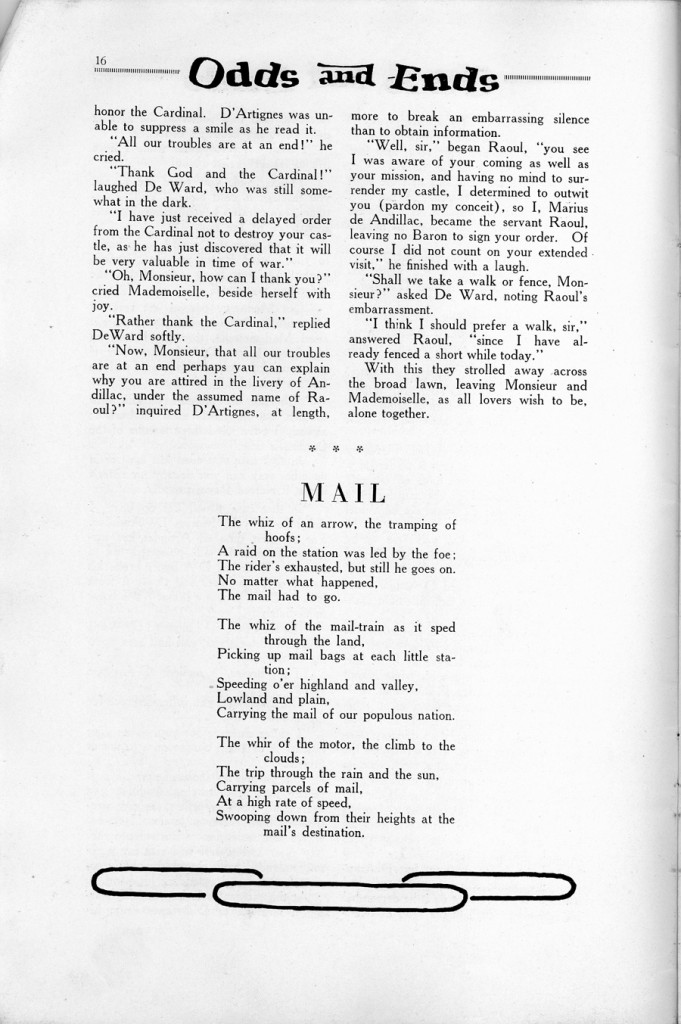Proof Positive
By Henry Cleage
Before Jones placed the evidence before me, I was doing all right with my paper “The Gaylord Gazette.” I wasn’t getting rich, mind, but I was holding my own in a comfortable fashion. I was even approaching that beloved stage where a man can begin accumulating those little extra things, those cultural folderas of gracious living—like, for instance, a fireplace.I was going to put one in the front room of my building. There are two rooms altogether, a large room in the back for my press and linotype and a small room in the front for my desk and Jones’ desk. A rail runs across the front room separating our desks from the waiting room. The waiting room is for the public, people who drop in with a news item or a horsewhip for the editor. No one has horsewhipped me yet, so in gratitude I decided to put the fireplace along that south wall about where those two middle chairs are. Jones likes a fireplace too.
So you see, I was easing along pretty debonair. Gaylord was a comfortable little town. Not too big and full of news like some. That is until Jones uncovered that evidence.
Even though I am an old newspaperman of the old school, I was mortally shocked when the thing was brought out into the open. Of course you may say a newspaperman should be immune to shock, and that’s all right for you to say. But I am the one who has to rebuild his whole philosophy of life at my age.
Jones is my demon reporter. Kristin Jones is her full name but I just call her Jones on account of she is a good “newspaperman.” She is the product of the Gaylord public schools with four years of Vassar thrown in for confusion. She has a gigantic capacity for managing. When she returned from school she immediately looked for something to manage and I, sitting there, very comfortable in my snug little office must have appeared the easiest thing to get a grip on. Jones has a stranglehold on the Gazette now, but I jut can’t find it in my heart to complain. She manages with such a flair that it is good just to sit and watch her.
Jones is twenty-two and she has deep brown eyes and wavy brown hair which bounces on her shoulders. Sometimes, though, when she is turning out some deathless prose for a threatening deadline, she piles it up in a disheveled heap on top her lovely head and it is something, I’m telling you. And when she puts on her little derby hat and dashes out of the office with her big brown brief case, I have to chuckle. She is a journalist, she says. She says that is what they call it at school. She says the day of the sloppy reporter writing his story on the back of a grimy envelope is gone. The reporter has a responsible position and with this responsibility comes the necessity for dignity—and a briefcase.
I say “O.K.” I am too old to argue with youth. Why I have been out of State University nine years! I’m going on thirty-two. But when I was in school, I always wanted to be one of those slick newspaper guys with a cigarette and chewing gum. But like I said, we older folk have got to step aside and let the young folk have a say. We had our chance. Besides I am an owner, publisher, editor and reporter so I got to be a little bit pompous and such.
But don’t mention these sentiments to Jones anymore. I used to and she would get mad for some reason or other. Like once she was trying to make me start a readers’ survey.
“What’s that?” I asked at a complete loss.
“A survey,” she said patiently, “to determine your readers’ preference in reading material.”
“Oh,” I said, “I know all about what they prefer.”
“Why don’t you print it then?”
She was getting a bit pointed here, I thought.
“Too much of that stuff ain’t good for them,” I said innocent as a lamb.’’ Well she certainly laid me out. And she was right too. What right had I to assume to know my readers’ taste and then on top of that to decide whether it is good for them yet.
“O.K., O.K., “ I interrupted when she stopped to inhale. “You are right. It’s just another new idea an old man like me never heard of. Thanks for bringing it up.”I leaned back in my chair like I wasn’t long for this world.
“I appreciate your teaching me these new, youthful methods,” I added. I sort of groaned like my hardening arteries were hurting. For some reason this seemed to irritate Jones, but she controlled herself.
“Just what is it your readers prefer but you feel is too rich for their blood?” Jones asked, obviously changing the subject back to the point.
“Comics,” I admitted.
Jones slapped her derby back on her head and switched out. She forgot her briefcase. I wondered what I’d said wrong.
So you can plainly see why I steer clear of the “youth question” now. Anyway I am busy putting out a paper, and it is getting harder all the time. I’ve been so restless lately. Some days I have the awfullest time concentrating on the “Notices of Auction Sales.” I go through the “Marriage Announcements” like sixty though.
And in the evening when the breeze is soft and the quiet is dark and full of shadows, I find my usual pastimes are boring me. Last night, for instance, I walked out on the poker game at the firehouse and went for a walk. I take a lot of walks lately. Oh it’s rugged all right! And now on top of all, Jones has got that evidence.
She had been mentioning, for weeks, that her evidence was almost complete and she said I would be proud of her good work when she “exposed” the culprit. I wondered who it was. I hoped it wasn’t anyone I knew. I found out Tuesday afternoon.
I was just getting comfortable when Jones came in. My feet were nicely balanced in the top drawer of my desk and a soft clover hayish wind was nuzzling my neck. Two little flies were buzzing against the screen—buzz—buzz-buz-bu—b. I had only just closed my eyes for a mere second when she rudely flung my feet from their comfortable position and into the wastebasket. I felt trapped!
She had on a green sweater and a skirt. I don’t know what color her skirt was but it was a green sweater. It had little pockets on each side and a pin was stuck on the left pocket.
“Well,” she said looking at me with those eyes, “have you got to the nerve to see my evidence.”
“Do it take nerve?” I asked in a veritable chaos of confusion.She reached deep down in her briefcase and drew out a nickel notebook. She fixed me with a narrowed pair of eyes.
” June 19—“ she began, but something forced me to speak.“Jones, my dear,” but she raised a hand for silence.
“Because, said Jones, “the evidence concerns you and your walks and things.”
“I haven’t got the nerve,” I sobbed, “take it away.”
“On one condition,” she said.
“Anything,” I pleaded.
So now we are married and Jones manages me and the Gazette legally. I wonder why she never asked me in for a dish of tea when I was walking by her house all those times.

